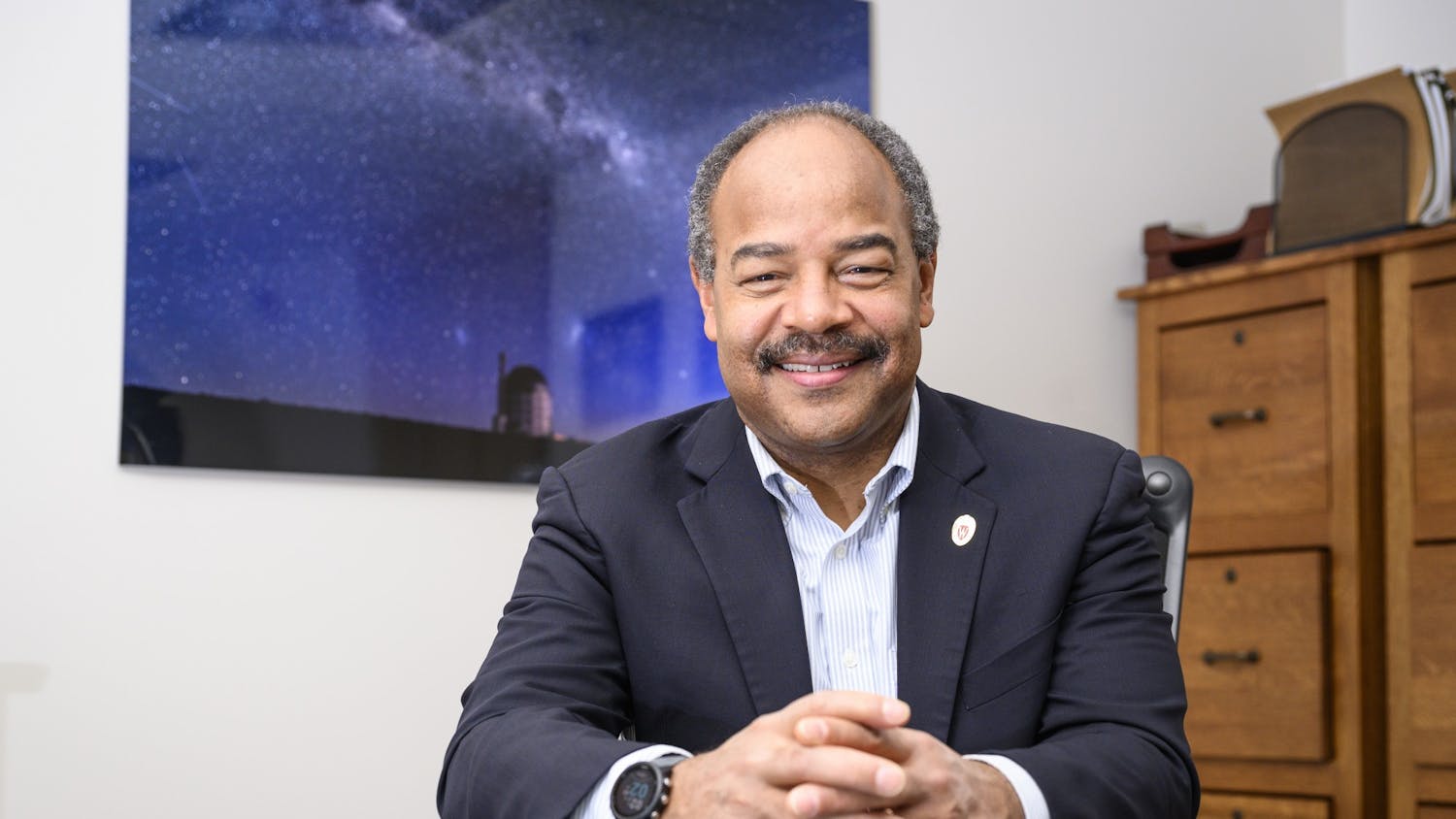An estimated 500 community members gathered at the Capitol on Monday to protest the influence of billionaires and large corporations in politics, joining a ‘Workers over Billionaires’ rally held nationwide on Labor Day.
Supporters called for wealth redistribution, stronger worker protections and accountability from elected officials. The event drew locals and visitors from across the state.
Former Democratic Party of Wisconsin Chair Ben Wikler and Fighting Oligarchy speaker Simon Rosenblum-Larson spoke at the event and emphasized the importance of labor unions and workers rights in honor of Labor Day. The Raging Grannies also performed in support.
Wikler urged Wisconsinites to mobilize, referencing the state’s rich history of progressive labor laws and elected officials during his speech.
“When [Robert M. La Follette] was elected in 1900, that set off the progressive movement where Wisconsin led the country, the state with the first worker’s compensation law,” Wikler said.
Protesters carried signs comparing Trump to dictators and demanding rights for workers and immigrants.
Mike Steric, a part-time professor for UW Online Collaboratives, attended the rally with a sign reading ‘Why not billions for the workers and the world’s poor?’ He said he views Wisconsin as a crucial battleground for workers rights.
“We need to vote in progressive candidates, north to south, east to west, top to bottom. It’s still sort of a purple state,” Steric said.
Retired engineer Paul Turpin said he wants to see activism expand beyond this one demonstration.
“We need to get out in the streets, we need to be doing more as a country,” Turpin said. “I’d like to see a nationwide protest or strike.”
Turpin added that he worries about younger generations.
“I’m retired so I have a fixed income, but I feel for a lot of younger people that are struggling.” Turpin said.
Mike Smith, another retired engineer, said he has attended countless rallies in the last eight months. He said he sees dangerous parallels between the current administration and the rise of fascism in 1930s Germany.
“I think if you ask any of the people here, what we’re seeing is a literal dictatorship and fascism,” Smith said. “People don’t really understand what happened in 1930s Germany [is happening here]. The parallels are uncanny.”
Smith said he hopes to see higher political engagement across the country as well.
“We need to get people into politics and get turnout to the point that we have people [willing to address our needs],” Smith said.






